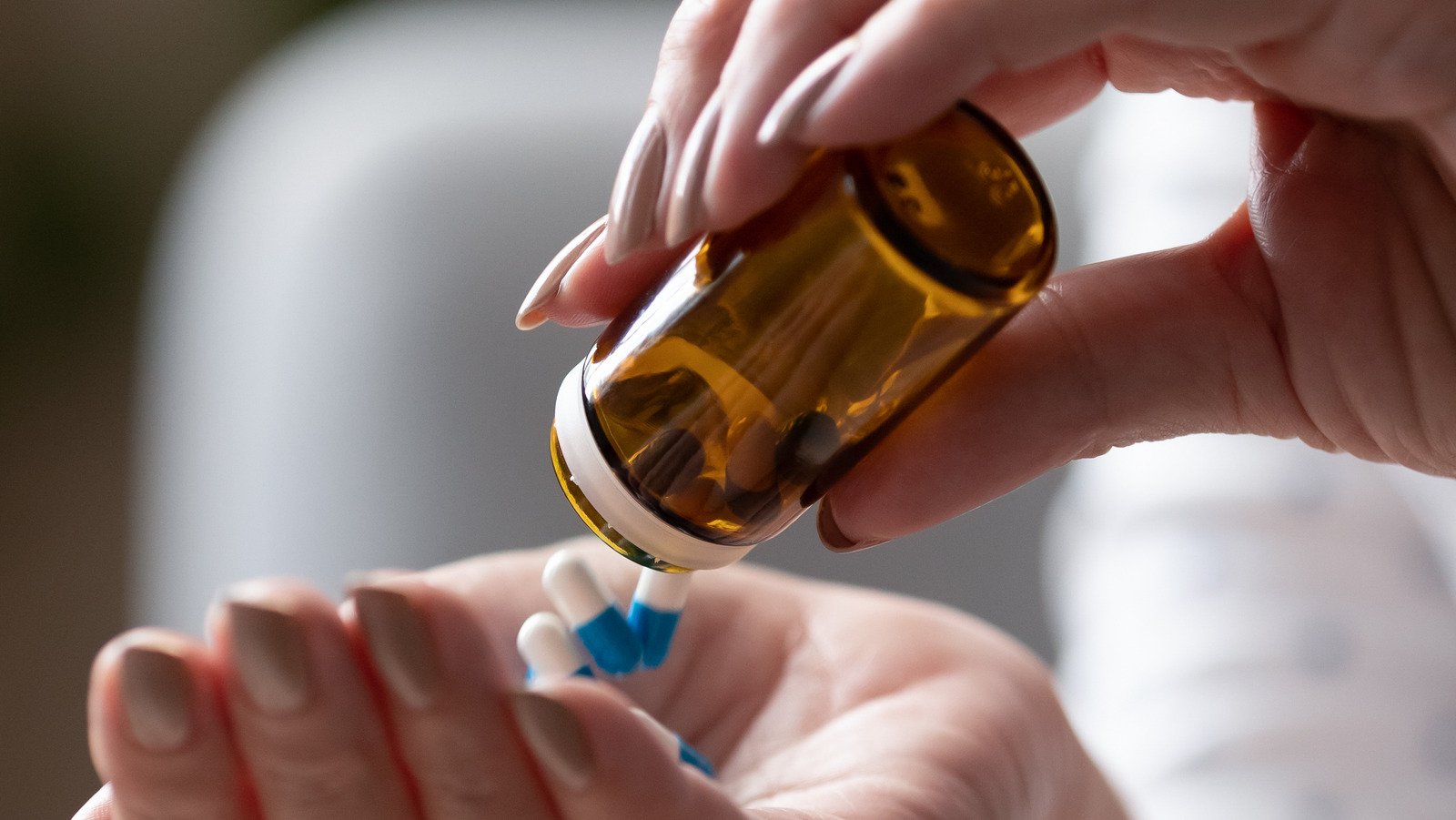Antibiotics are useful for stopping various bacterial infections, but unwanted consequences of antibody administration are that they also finally damage the good bacteria that live in the intestine. Gut humans have their own microbiomas that host a variety of bacteria, which play an important role in digestion, energy utilization, and increase other immunity.
When the microbial ecosystem in the intestine is disturbed due to antibodies – the process of scientists calls dysbiosis – can cause mild problems such as diarrhea which can take months to fix it with the use of supplements and diet. However, in some cases, dysbiosis can cause serious neurological and autoimmune problems. In what was praised as a landmark researcher, scientists had detailed the method involving biotherapeutics to counter the harmful impact of antibiotics in intestinal bacteria.
With simple words, biotherapeutics involve the use of genetically engineered bacterial strains that are safe for human consumption. When this biotherapy enters the body with antibiotics, they allow antibiotics to do the work in question but maintain side effects in the examination. Scientists at the Wyss Institute for biologically inspired techniques at Harvard University and the Massachusetts (MIT) Institute of Technology (MIT) have created direct biototaputaphic products of engineering (Elbp) provided with antibiotics to patients. Bacteria are safe for use are Lactis Lactis strains, which produce enzymes called B-Lactamase to productively reduce antibiotics in controlled ways.
Solving many problems associated with antibiotics
The team gave Elbp to mice who orally feed ampicillin antibiotics. The team found that mice undergoing biotherial care had a much lower level of microbial loss and they also fully recovered within three days. Mice who only accept antibiotics show the loss of intestinal microbial diversity which is much larger, and they cannot restore the microbial population. The Elbp does not affect the concentration of antibiotics such as ampicillin in the bloodstream, which means antibiotics can travel to locations that are destined in the body and do the necessary work.
The team also handles one of the most common effects of disrupted intestinal microbial diversity after drinking antibiotics, which is the takeover of new spaces emptied in the intestinal microbiota with dangerous bacteria such as Difficile clostridioides. These opportunistic bacteria cause problems such as diarrhea, inflammation, and intestinal disease. During the test in mice, it was found that the Elbp also stopped the doubling of uncontrolled harmful bacteria such as C. diff.
“This is one of the strongest examples of engineered living cellular therapy that handles urgent clinical problems that come out of academics so far,” James Collins’s research was quoted as saying. The team is now preparing for a short and inexpensive clinical trial for the biotherapeutics method to handle antibiotic side effects. This research also aims to overcome antibiotic resistance problems and other diseases where dysbiosis is in the heart of the problem. This research was published by natural biomedical techniques.
